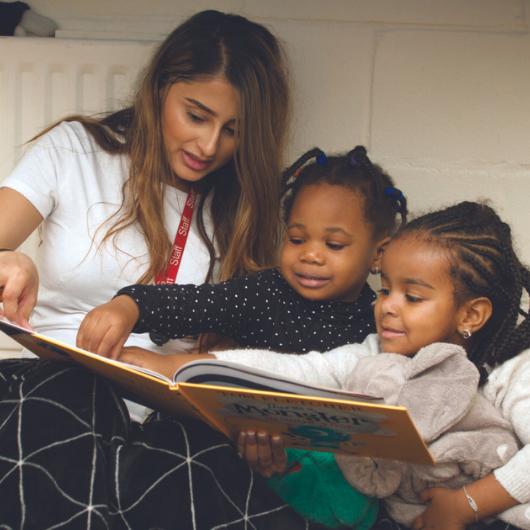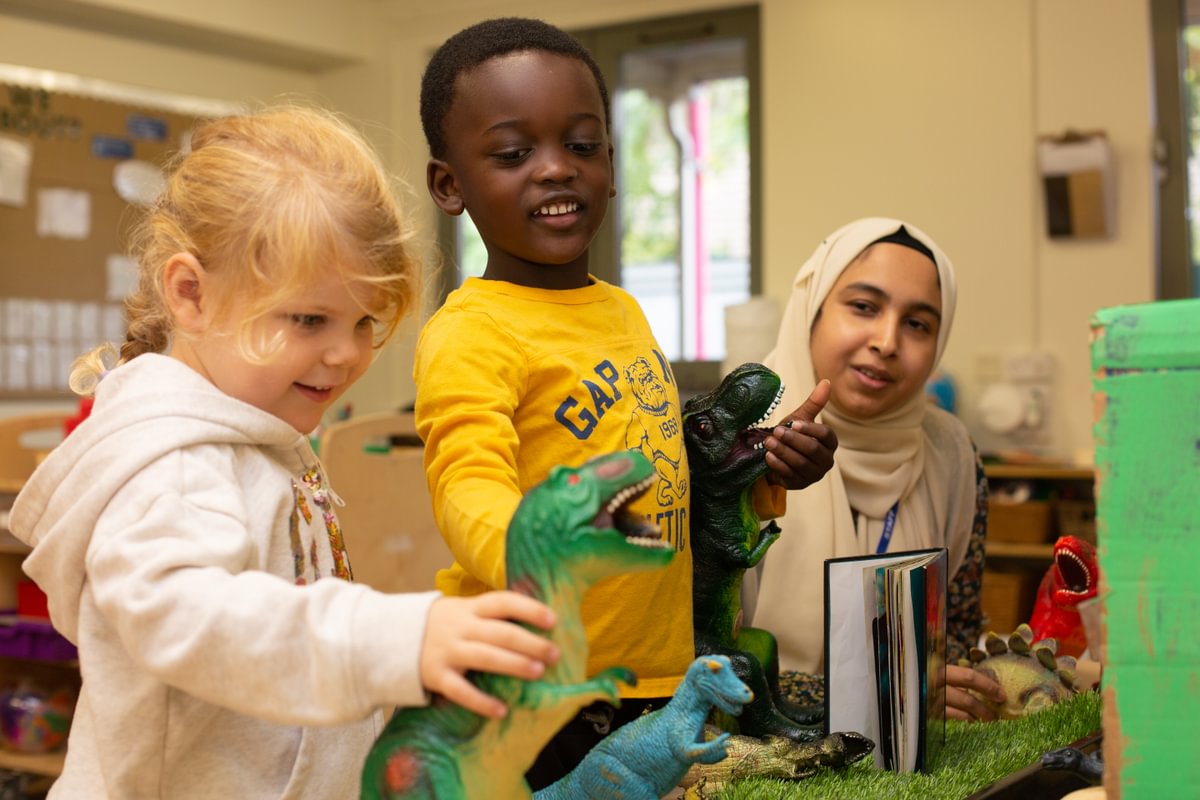
Developing Children’s Knowledge and Skills with Ofsted’s NEW Report
Ofsted has just published Report 2… …part of our series of subject-based curriculum research reviews. Do you remember the first one Best Start? This second…
October 18th 2019
“Educating the mind without educating the heart is not an education at all”
An invitation to the annual Margaret Horn Debate.
Over ten years ago, we started the annual Margaret Horn debate. It was named after the first director of our founding charity. Whilst we know nothing more about her other than she was the student of Octavia Hill (and may have received an MBE), naming the debate after her was our way of tipping our hat at her and the many ordinary who do extraordinary things.
The subject of the debate always highlights the connections between social enterprise and Early Years which, in my world, remain inextricably linked. A social enterprise is set up to build a business which makes a difference – not just by providing useful services but also by adding value to the lives of employees, the life of the community and future generations.
This year we want to focus on what we can do to help address the loneliness epidemic – one that doesn’t discriminate on age, gender, sex or culture. Everyone is at equal risk of feeling lonely or isolated at some point in their life.
Nurseries are community catalysts – unique in their position to create constructive dialogue, help people to come together, share ideas and concerns and develop a united voice. We do this by building social capital through local networks.
Loneliness is one of the greatest public health challenges of our time. It is increasingly linked to modern Western living and our emphasis on creating independent lives. While that has many benefits, it also comes with a high risk of isolation. Before leaving her job as Prime Minister, Mrs May launched a Government cross party strategy to address this. She recognised the serious impact loneliness can have on health and well-being.
The report, which refers to 200,000 older people not having had a conversation with a friend or relative in more than a month, also referenced the growing number of younger people (aged 16-24) who are very lonely. This is the result of a survey done by the BBC in 2018.
So how can nurseries help?
One of the best ways of tackling loneliness is through simple acts of kindness. This quote from BBC stories cries out to me and says we can do this.
“It’s just being mindful that everyone is dealing with their own stuff, so be kind. Do tiny acts of kindness.”
We can be kind all of the time – not just during Random Acts of Kindness Day and the likes. Simple acts of thoughtfulness will be just as effective.
Nurseries can do this by using a multi-generational approach as part of their pedagogy, a route to supporting learning. The debate will unpack what this can look like and the positive (and lasting) impact we can make on local lives.
Here are a few things we have done at LEYF over the years which work well.
The children from one nursery used to walk down a street with high numbers of older people who each started to come outside when they saw us arriving and we had lovely chats.
We also started the Angelina Club to recruit older people to work at LEYF. This was in celebration of our wonderful Angelina who joined the sector after becoming lonely at home when she had been made redundant. Twenty years later, she is still working with us.
Another one of our nurseries supports Compassionate Neighbours.
Finally, in a LEYF nursery in the east of London one young boy turned from vandal to volunteer and now wants to become an apprentice. His Mum said he was lonely and isolated but now has a purpose.
Younger and older people can volunteer in a huge number of ways from readers, knitters, artists, bike repairers and gardeners – there really is no limit. To quote the Government strategy:
“This strategy is for everyone. It recognises that the government can’t make that change alone, and sets out a powerful vision of how we can all play a role in building a more socially connected society. There is no quick fix to achieving this vision and the strategy is intended as the government’s first, rather than final, say.”
The Debate is on 13th November at the Museum of Childhood. Our panel will include those who advocate how the generations can work together, young and old. Come and join in the debate. Come to a place where we are putting warmth, connection and kindness at the heart in a world where division, mistrust and intolerance has the upper hand at the moment.
Sign up and see you there.

Ofsted has just published Report 2… …part of our series of subject-based curriculum research reviews. Do you remember the first one Best Start? This second…

Launching the Reading Rights Summit in Liverpool Last week, Booktrust (where I proudly serve as a Trustee) hosted the Reading Rights Summit. We were joined by special guests, the…

Why the social enterprise model could be the solution to fixing England’s broken childcare system by expanding access to the communities that need it most. England is…